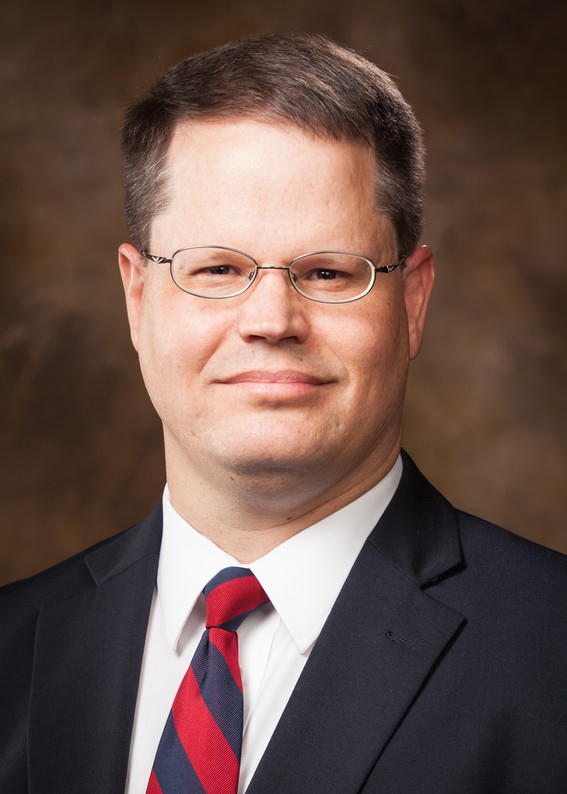Technology has advanced since 2006, the year the Intergovernmental Panel on Climate Change (IPCC) last published guidelines for countries to estimate and report greenhouse gas emissions and removals. To address the changes, the panel recently adopted a refinement to the guidelines.
Jason Tullis, professor of geography in the Department of Geosciences and a researcher in the U of A's Center for Advanced Spatial Technologies, is one of the scientists who helped create the refinement. While updating the methodology for national greenhouse gas inventories is a big task, Tullis says one of the most remarkable aspects of the project was scientists from around the world working on the same goal.
"The impressive part about this is not that a single laboratory somewhere in the world might pull together a sound inventory methodology for 2019," Tullis said. "The impressive part is that people from dozens of countries worked together to achieve agreement or consensus on a refinement going into the next decade."
The IPCC is the United Nations' effort to promote scientific cooperation on the issue of climate change. It does not set climate policy, Tullis noted. That's up to individual nations. The panel adopted the 2019 Refinement to the 2006 Guidelines for National Greenhouse Gas Inventories in May. Tullis and his co-authors wrote Chapter 3, "Consistent Representation of Lands," as part of the volume on Agriculture, Forestry, and Other Land Use.
Tullis was nominated by the U.S. Environmental Protection Agency and U.S. Department of State to work on the report partly due to his prior work with SERVIR, a joint venture between NASA and the U.S. Agency for International Development. After an initial 2016 meeting in Minsk, Belarus, to set the scope of the refinement, Tullis traveled to Spain, Zimbabwe, Australia, and Italy to work with other IPCC lead authors.
His task was to update guidance on remote sensing and geographic information systems, which incorporate satellite data time series to estimate changes in anthropogenic land use activities over decades. The launches of U.S. Landsat 8 in 2013 and the European Space Agency's Sentinel-2 satellites in 2015 and 2017 provided a wealth of new data for the purpose.
"When you carefully combine data from sensor systems such as Landsat and Sentinel, it is possible to create time series with more frequent observations," Tullis said, "such as those related to forests, crops, rangelands, or human settlements. Over time you can better understand human activity within a given national boundary, and so this more frequent observation today is more powerful than what was available when the 2006 report was adopted."
Topics
Contacts
Jason A. Tullis, professor
Geosciences
479-575-8784,
Bob Whitby, feature writer
University Relations
479-575-4737,
